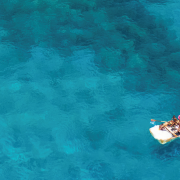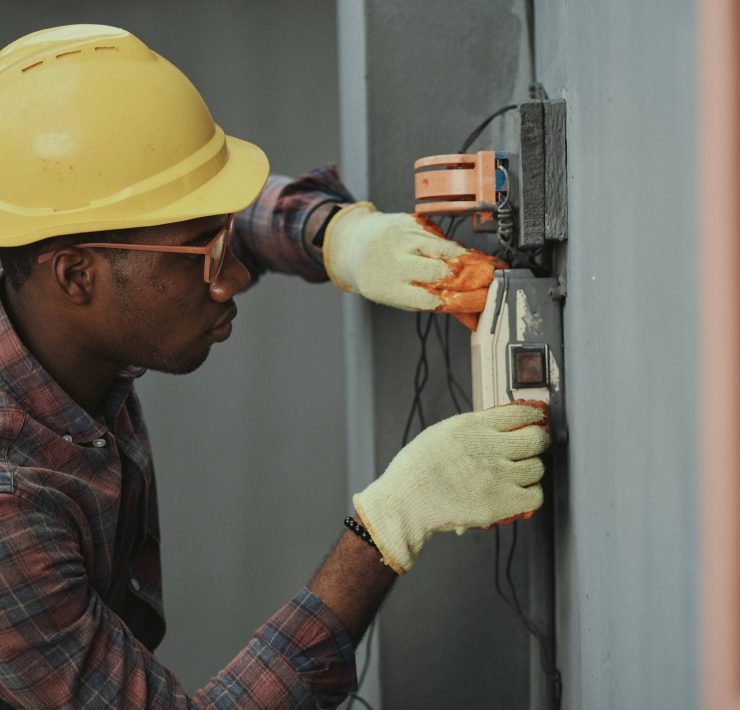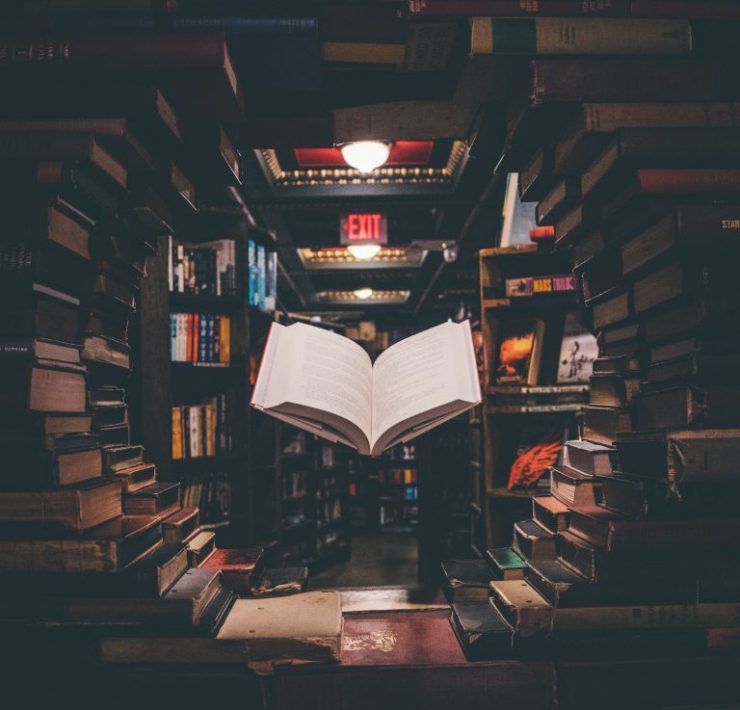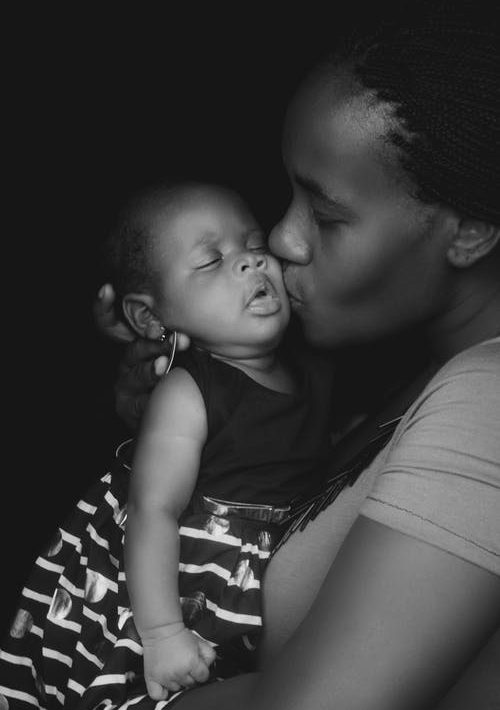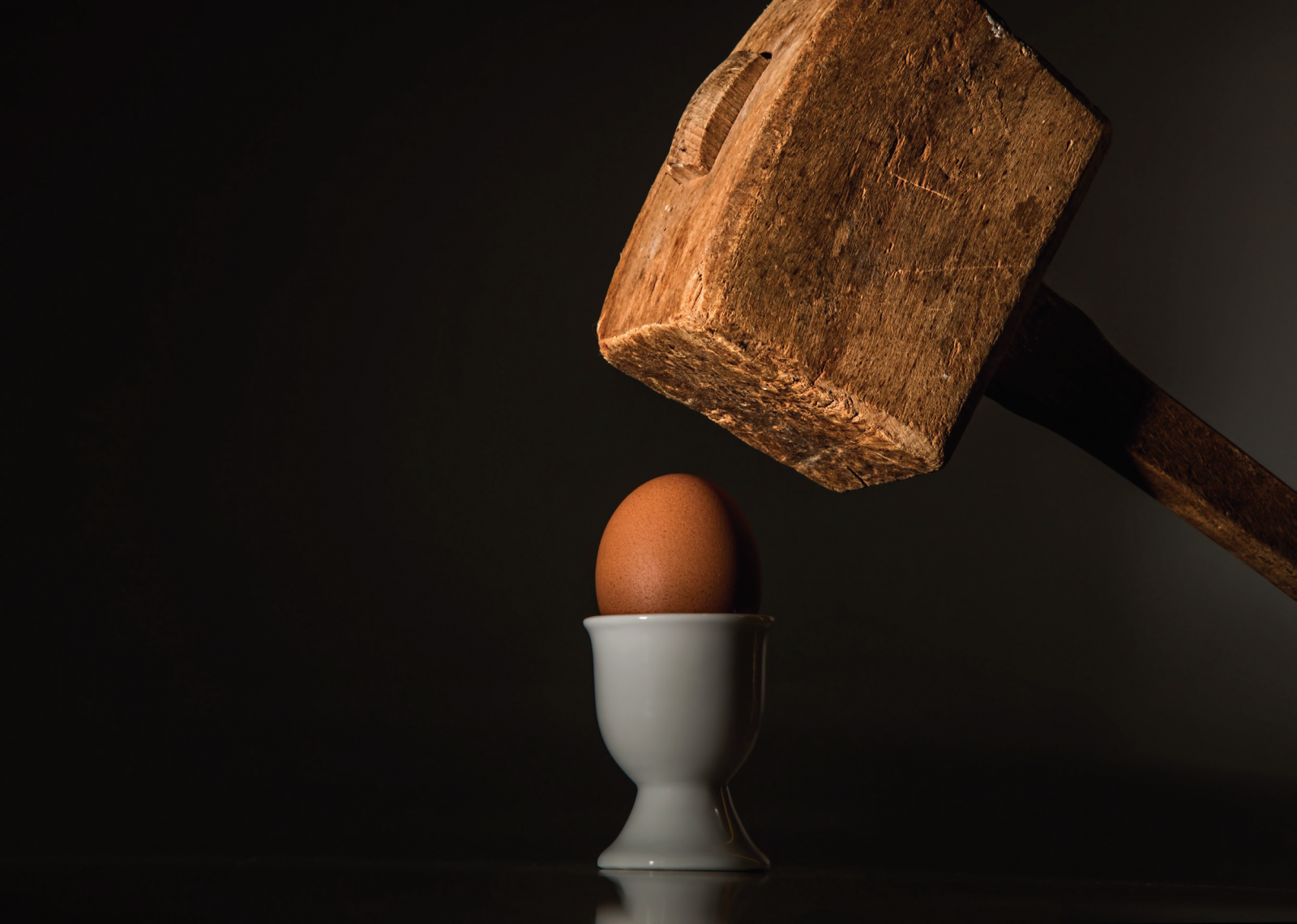
Samuel Phillips is a writer, graphic designer, photographer, songwriter, singer…
Read Next
Honestly speaking, this article is not in any way a call out to Mr. President and neither is it a stone being thrown at the Kenya Police force or the Kenyan policemen. It is just what it is, an article to talk about the other side of things that we often don’t want to talk about, but which are very important, especially if truly we want to bring change to our people and communities. It is highly regretted if it offends anyone or looks like a call out.
Certainly curfews in time of emergencies, police lock downs in time of social chaos are not strange to Afrika and the world. They happen all the time and for different reasons, whether reported or not. But for the sake of accurate reasoning and intelligent analyses of things both good and evil, how they occur and the corresponding aftereffects… we cannot keep things looking like they are ok, if they are not. We just somehow need to put things on the fire of criticism so that just maybe we can help ourselves come out of our many ailments as a people.
The pandemic called Covid-19 has really done a “good job” in making the whole world become alert and awake from the many layers of sleep and slumber it has been under for years. People and governments are paying attention again and that is so cool and I love it. One of the various measures put in place to help curtail the crisis was curfews within sovereign national borders. In the case of Kenya, the dusk to dawn curfew started on Friday the 27th of March 2020, which was to last for a month, before being extended for another 21 days. Obviously not many were ready for this action and not many were excited about it either, especially those low income earners that mostly do daily or night jobs to feed and take care of their families. It looked like a horror movie for them to even think that they wouldn’t be able to go out to fend for their upkeep. But like many other actions of the government, it was for the greater good and I personally truly sympathize with them. The curfew started as scheduled and like some not-too-well-planned project, the first day recorded some heinous acts of brutality of the police on the masses. Naturally, this caused a lot of uproar and President Kenyatta had to apologize to the nation for this act of police brutality. I must say that’s one of the very first times I was seeing that and it made my day. I am serious. But like a critical thinking person, I also had my worries and a few things I think we are not taking accurate measures to correct.
What really is the problem?
I sincerely appreciate the men of the uniform who do all to keep our nations safe. But my first concern or question is this: Why do things concerning the police and the masses always end up in chaos, brutality, disrespect for basic human rights and the many other things that often occur? For instance, in the case of Kenya, the National Police Service official Twitter account released a tweet in March some days before the curfew was announced, saying, “You have only got once in a lifetime opportunity to stay at home, lying in front of a TV to save the world.#StayAtHome DONT SCREW THIS UP! #IgnorantKenyans #COVIDIOT #StayAtHome #CoronavirusPandemic.” Along with an infographic that also raised eyebrows. And when asked if they couldn’t have put it more politely, responded, “Naah.” The first Tweet was still pinned on their account as of 22nd April 2020. Could this, perhaps, lend some insight towards the actual perspective the police have of the people and their relationship towards them? Is there a bigger problem lying underneath that we are refusing to deal with? Because for me, the no-love between the police and the people seems to point to something bigger and we have to talk about it from a holistic, systemic, psychological, spiritual point of view, so that just maybe we can find a solution to the police-people conflict that always shows up with every emergency. To not do it now, is to keep under the carpet the very dirt that causes the stench in our society.
Holistic/Systemic
On a more broad level, could it be that the general training of the police force, in this case, in Afrika stems from the patterns of the colonial days where force, rather friendship, verbal abuse, rather than dialogue were the only things the police were taught to use on the supposed inferior natives? Because in my mind I am thinking, why does a policeman feel so ok and proud to subject a man like himself or a woman like the wife he has at home to near animal-like treatment? Could it be an outer reality of a deeper issue? I think it is. Just maybe we need to reevaluate and overhaul the entire police story and come up with a new policing system that works for our people. For, even if a policeman is obeying orders, does it warrant throwing compassion and the simplicity of humanity out of the window? I do not think so.
I may be mistaken but I sincerely do not see such acts as just the obeying of orders from the presidency or the police bosses, at least I hope it is not. I want to believe it is something that is much more personal to the police themselves. Let me explain with this question. What will make a man, in this case, a policeman find value in devaluing the very people he or she is employed to serve? Could it be that the system we inherited from the white colonialists, has created a police force that is so devalued in their thinking that the only way they think they are valued is when someone falls at their feet helpless, like the colonialists and their lackeys did?
Whatever it is, it casts a long shadow on the entire government system because it portrays a government that thinks its people ought to be handled no better than animals. For it appears the only time the people are worth anything in the eyes of politicians is when they are seeking for votes. This is not acceptable and should be corrected.
Tactically
I want to believe that our police forces in Afrika get adequate training before they are sent to the field of policing. But at the same time I also doubt how true that is. For instance I read of a fifteen year old boy who was shot dead by a policeman in Mombasa. The story was that the boy was coming towards the policeman with a machete in his hand in an area that was already prone to violence. That certainly sounds like some form of self-defense from the policeman, but I am thinking, what happened to hand-to-hand combat skills that police or security personnel are supposed to have in dealing with minor issues that do not require guns? Is it that the policeman is too weak or ill-trained to disarm a fifteen year old boy wielding a machete, that the only option is to shoot to kill? Is it that the police are not trained to keep the preservation and protection of life as first priority and therefore they do not look for ways to protect even those seeking to harm them?
Spiritually
Inasmuch as every policeman, just like every other employee, must do their job and carry out their duties with all commitment, we must however not forget that men do reap what they sow. It is a universal law that doesn’t go away even when you are doing your mandated duties; meaning that we owe it to ourselves to know that we are dealing with humans and with God who is the judge of all flesh and keep that in mind as we make choices on or off the job. We cannot keep tears flowing in the eyes of poor widows who just lost their kids to police brutality and then think there are no spiritual consequences. God still feels the pain and sees the tears of widows and the fatherless, and He does not take such acts of injustice lightly.
Emotionally
There are questions we must answer. Is there a way within the police system that the emotional state of the police officers is watched over with the care and love they deserve for the strenuous duties they perform? If there is already, is it working and is it effective? What is the state of their families and loved ones? Is there an active department of the police that takes care of them? For we can’t leave the safety of our people in the hands of those who don’t even feel safe themselves.
Who does the system really serve?
They say every master has a master. But my question is this, who really does the system of government serve, especially in Afrika? The presidency says it serves the people, but just like sunlight, we see that it serves its own agenda or some foreign agenda. For clearly, most policies that are made have the foreign overlords and corporate multinationals in mind more than they have the people at heart. The police force says it serves the people, but we always see where the people are seated in the mud with cane and boot marks on their backs and faces. The judiciary says they serve the people, but it is obvious who they serve judging by the many cases of injustice and delays in justice that keep innocent citizens in places they are not supposed to be while waiting for a never coming justice. And the story continues. What of The Master, God, Who everyone seems to be busy ignoring and thinking that their lives lived on earth will tell no tales in eternity?
We cannot cover our eyes to the plight of the Afrikan people. We cannot tell ourselves that what worked for the colonialist in their days of oppression in Afrika should still work in this day of supposed independence. That’s not progress but a recycling of the same thing we told ourselves we got independence from. The rule and laws of the land were made for the people and not the people for the rule and laws of the land. So we can’t hide behind laws and rules to treat our people like humans of a lesser God. We must protect our people from individual interests that undermine our collective humanity and responsibility. We owe ourselves that much. So Mr. President, thank you for your apology, but we need a new Afrika based on true love and brotherhood, with policies that reflect this.
Subscribe now for updates from Msingi Afrika Magazine!
Receive notifications about new issues, products and offers.
What's Your Reaction?
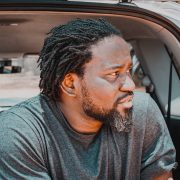 PIN IT
PIN ITSamuel Phillips is a writer, graphic designer, photographer, songwriter, singer and a lover of God. As an Afrikan content creator, he is passionate about creating a better image and positive narrative about Afrika and Afrikans. He is a true Afrikan who believes that the true potential of Afrika and Afrikans can manifest through God and accurate collaborations between Afrikans. Afrika is the land of kings, emperors, original wisdom, ancient civilizations, great men and women and not some road-side-aid-begging poor third world continent that the world finds joy in undermining.








